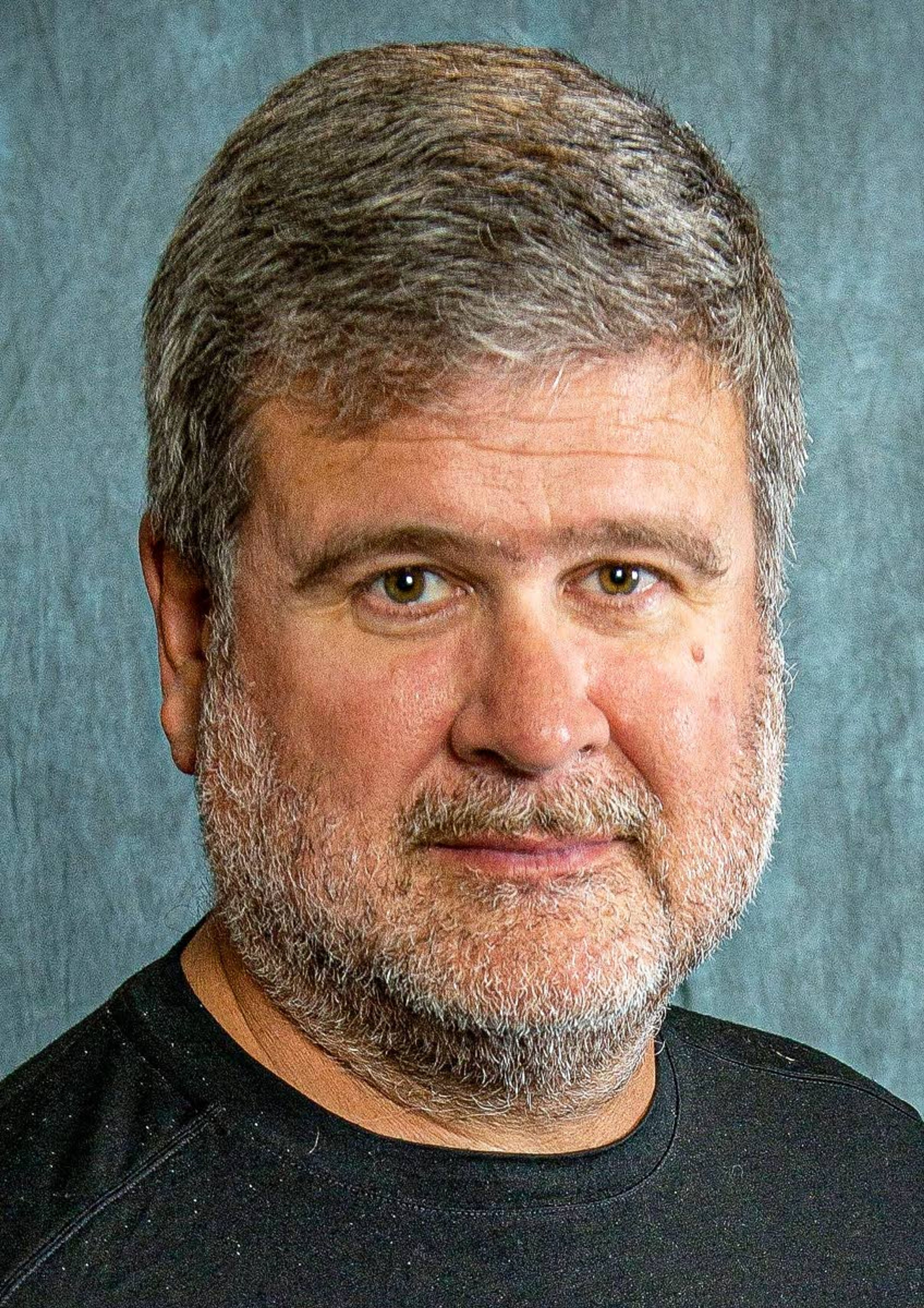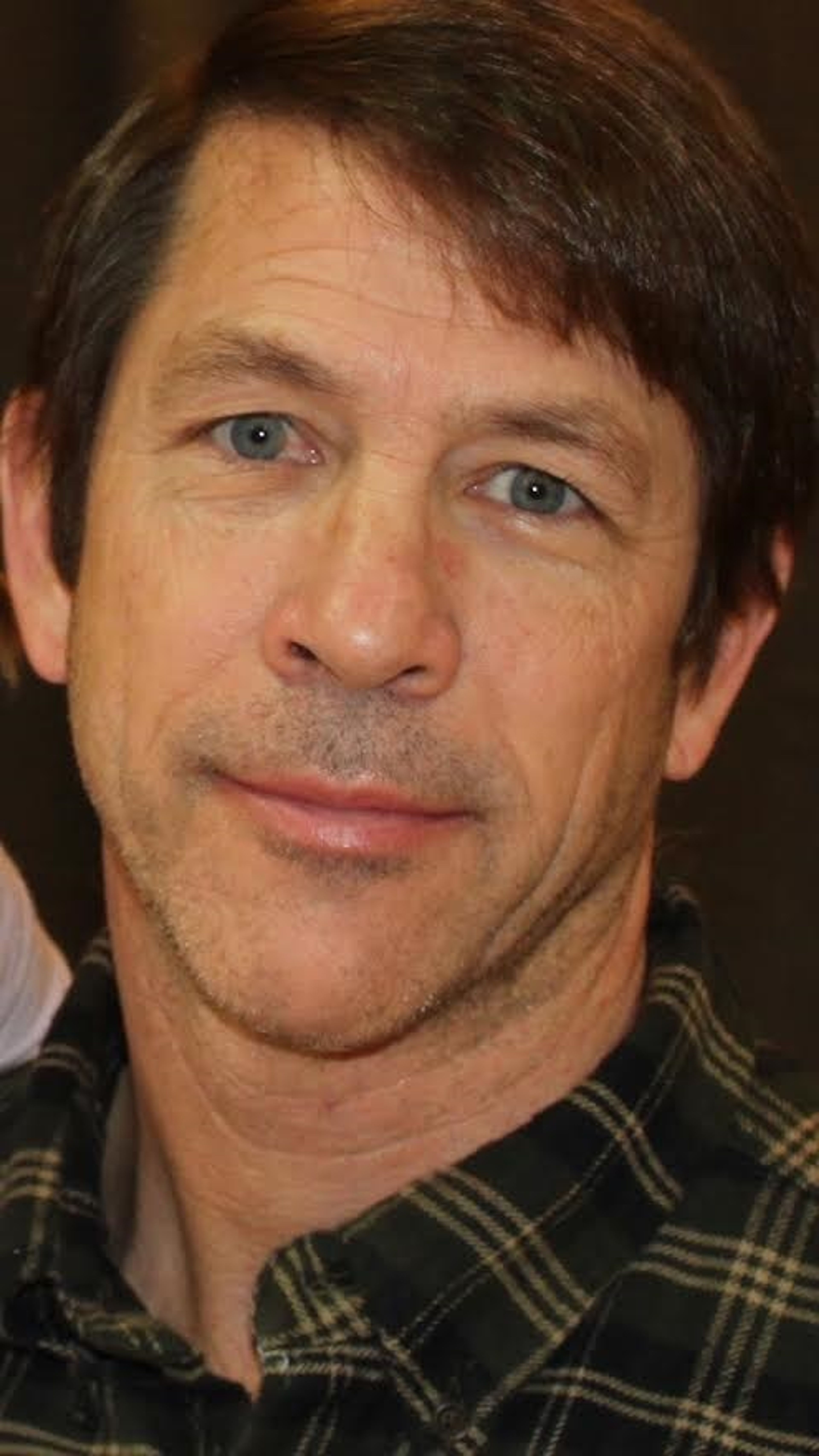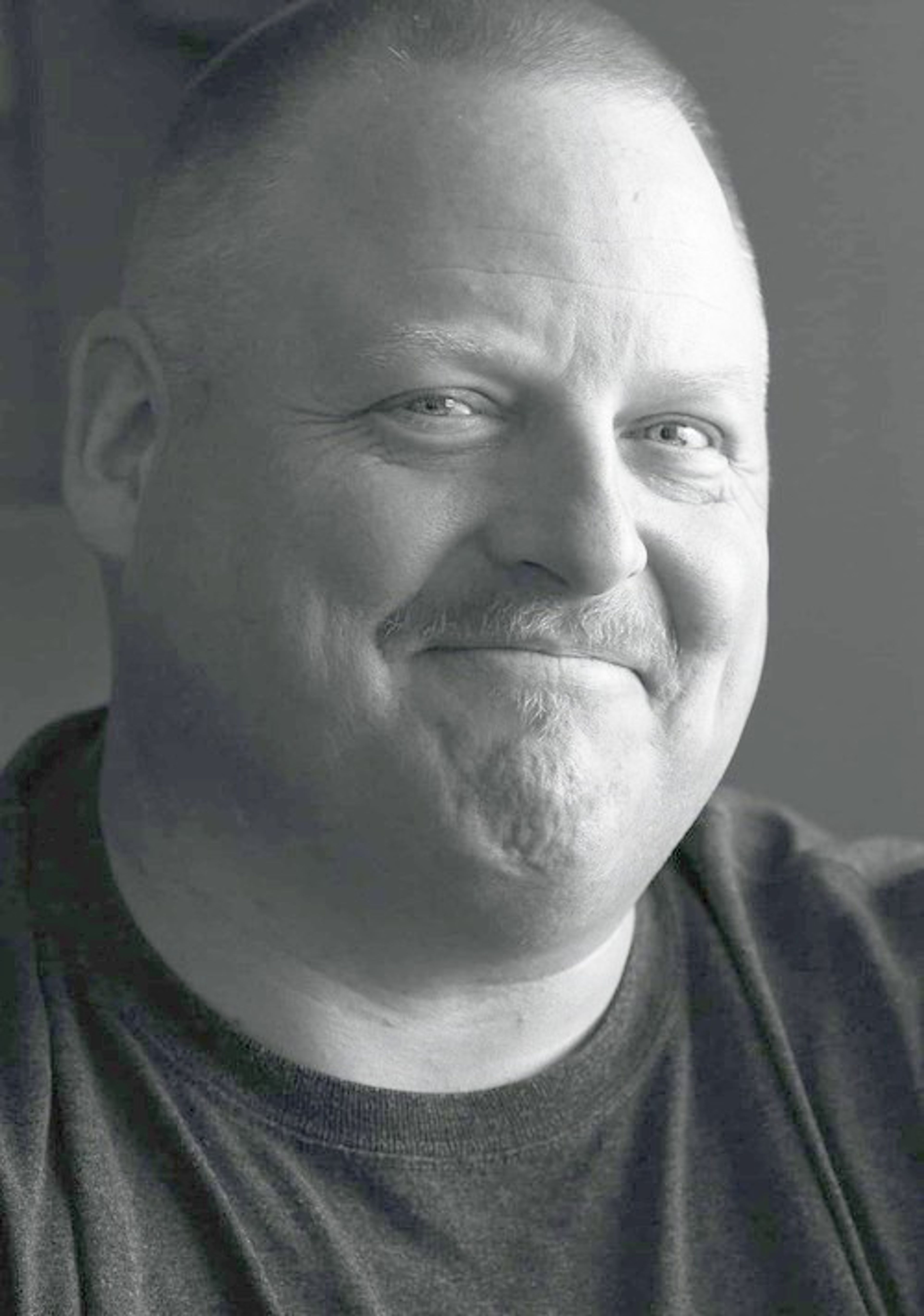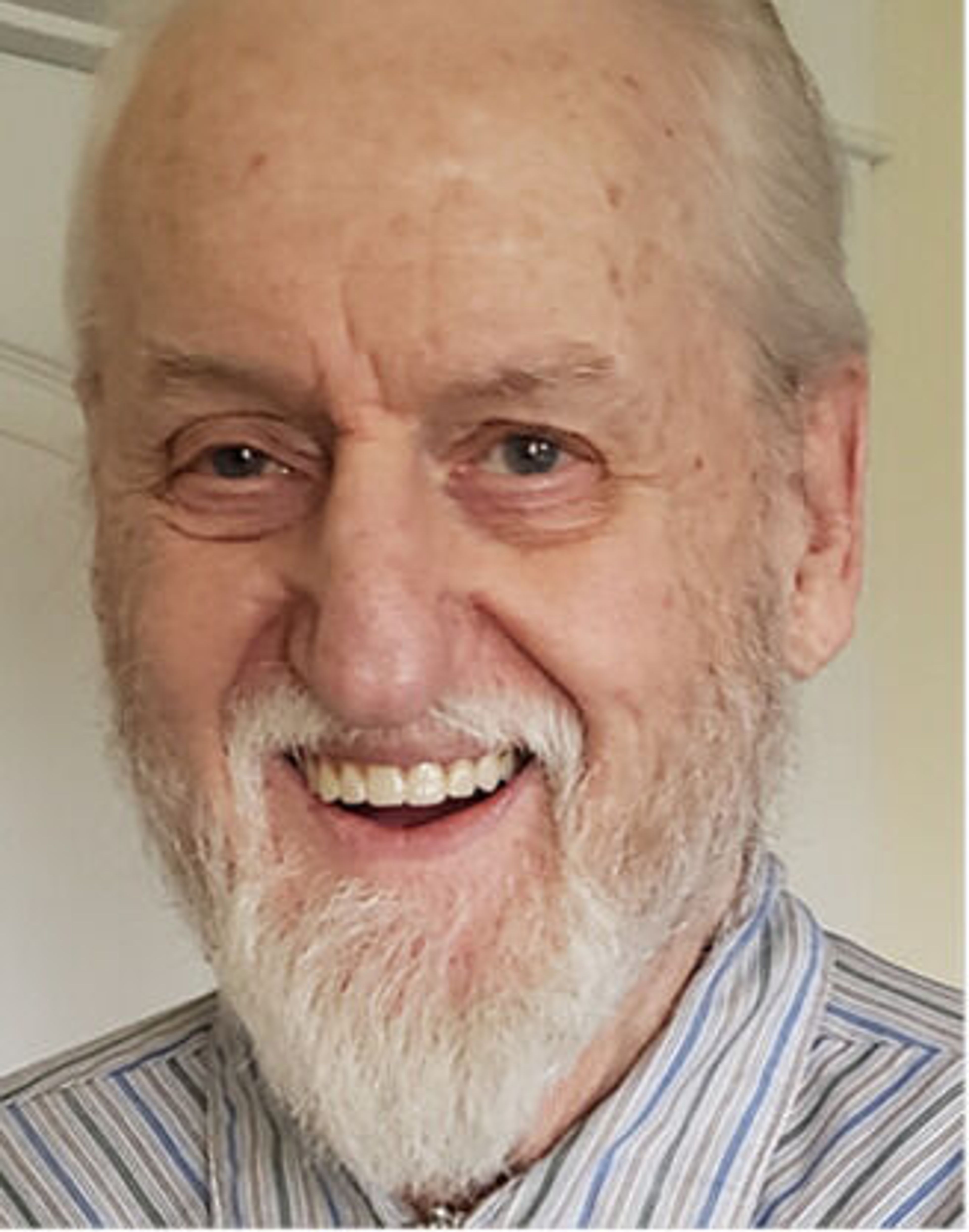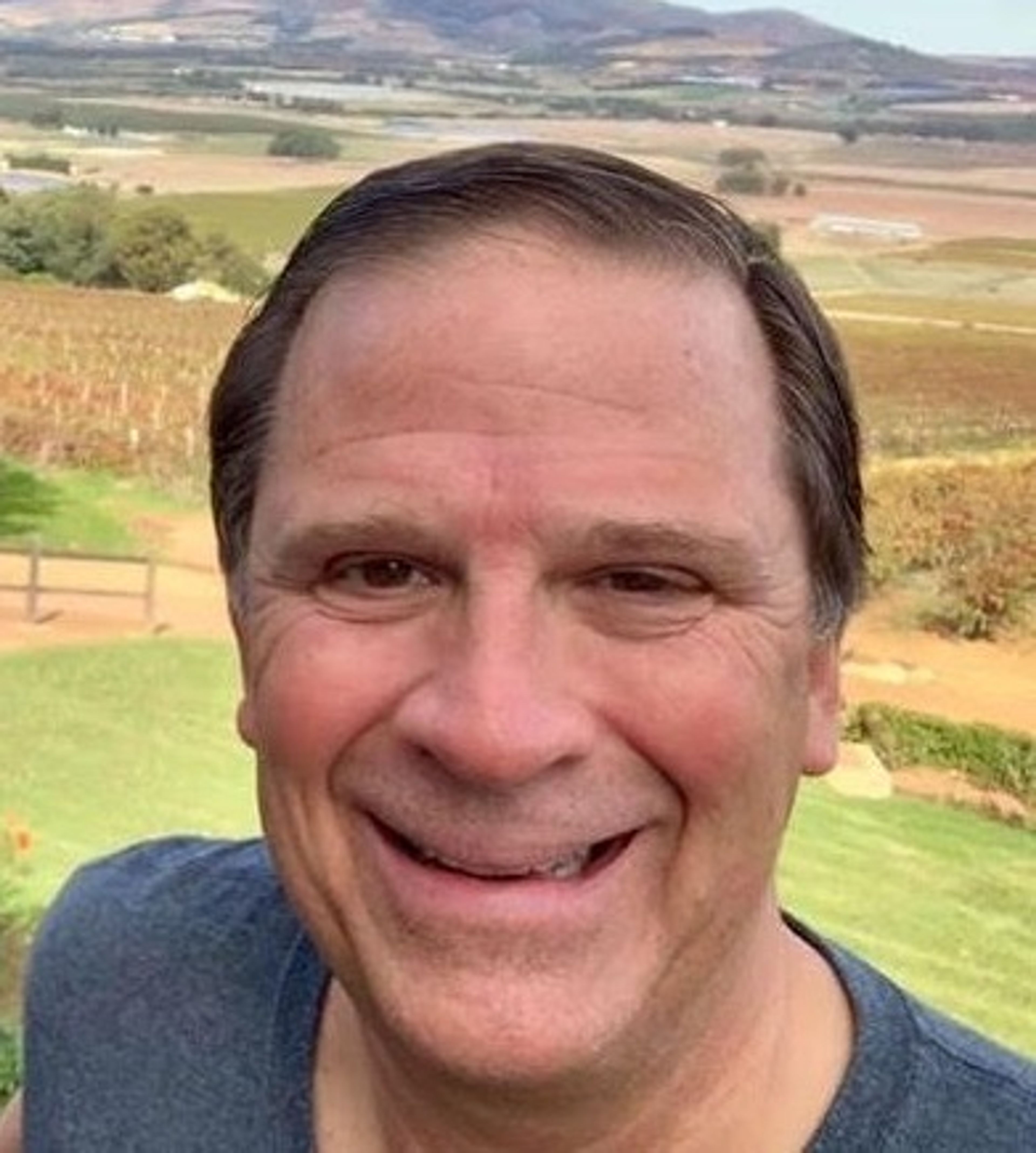His View: If you protest, you’ve got to make the ask
It is easy for those of us that are news junkies to stay transfixed to social media (for me, it’s Twitter) and watch the spiraling chaos emerging around the United States over the death of George Floyd. I’m not totally clueless – but the topics swirling around all this are extremely vague. Black lives matter, OK – I get that. Police brutality, yes, I get that as well. And I write about institutional/structural racism on my blog, empathy.guru, as well.
All fine and good. And while I haven’t worked on police brutality, I’ve dedicated part of my formal career to helping underrepresented minorities, mostly in partnership with my friend and former director of the Washington State University Multicultural Student Services Center, Manuel Acevedo. Our seemingly lifelong collaboration has powered many students from underrepresented groups through the difficulties of a STEM career.
When it comes to protests, I’ve also got background. As I’ve written in my book, ‘Wild to the Last,’ I was one of the organizers of the Cove/Mallard campaign, a multiyear forest protection effort around the Cove/Mallard roadless area on the Nez Perce National Forest. I’ve sat through hours of trials of protestors who mostly got arrested, moved to Moscow, and then lounged in our jails. The Cove/Mallard campaign was successful – the roadless area was mostly not logged, and that led to the larger campaign to protect roadless areas across the United States. That, too, was successful. Bill Clinton signed the 2001 Roadless Rule that largely protected 58 million remaining acres of wild forest.
Though the Cove-Mallard campaign was certainly chaotic, with protestors far from civilization getting beat up in the woods, largely removed from the public eye, there was a strategic thread that was woven through all of it.
Protests were used to delay logging until legal injunctions could be obtained that had the potential to protect the forest. It wasn’t perfect – there was some marching around the woods on a road to literally nowhere. But by and large, there was a plan, an objective, and an end point where if we won, we would leave.
None of that is present in the current round of protests. Yes, I absolutely want cops to stop inordinately killing young black men. Yes, I want to end structural racism. But in order for that to happen, specific things must also occur. Laws need to be passed. Budgets need to be appropriated. If nothing else, institutional direction needs to be written. Yet there seems to be none of this. Or rather, people are protesting, and sometimes rioting, and expecting the institutions they’re rioting against to come up with solutions.
That may be a noble sentiment, but that’s not the way you win, folks. I think social media is in part to blame. But not the way you think. It’s simply too easy to show up because you got hashtagged in someone’s Twitter feed for a given place and time. No need to network, understand policy, or otherwise engage in the complexity that’s required to solve this problem. That human connection matters. Making cool signs or knitting pink hats makes for great theater. But here we are, three years into a Trump presidency, and there’s no widespread milestone for anything other than the most generic of solution descriptions.
What happens if you don’t end up with something substantive, is that the whole thing turns into performance theater that the media largely judges as “good” or “bad.” If you protest the right way, you win. But the current version of “Rotten Tomatoes” doesn’t create policy.
And no change happens. We still have a government, and that government should be constrained or changed. The things that do that are laws, budgets and initiatives. I’m all over deferring to voices in whatever this movement is. But my brain requires some actionable specifics.
It is on proponents to make the ask. Anyone have any?
Chuck Pezeshki is a professor in mechanical and materials engineering at Washington State University.
